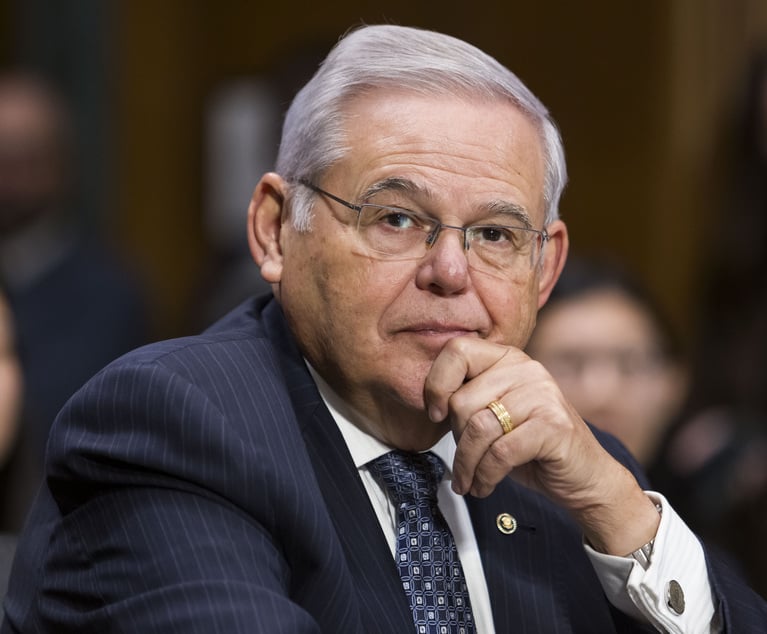The Department of Justice prosecutes public corruption under many different federal criminal laws. A public official’s solicitation or receipt of a bribe, for example, may be prosecuted as honest services fraud under 18 U.S.C. §§1341, 1343 and 1346, and extortion under the Hobbs Act, 18 U.S.C. §1951. If the bribe involves a state or local government official whose agency receives more than $10,000 in federal funding, the bribe taker may be prosecuted under 18 U.S.C. §666. If the bribe is received by a federal government official, the conduct may also be charged under the general federal bribery statute, 18 U.S.C. §201. And if someone travels in interstate commerce to promote or facilitate bribery under state law, that is a violation of the Travel Act, 18 U.S.C. §1952(a)(3). Reaching even farther, the giver of a bribe to a foreign government official (though not the taker) can be prosecuted under the Foreign Corrupt Practices Act (FCPA), 15 U.S.C. §78dd-1 et seq.
Courts continue to wrestle with the elements and boundaries of these crimes. At the heart of the criminal conduct is an improper quid pro quo: a public official’s corrupt agreement to perform an act in exchange for something of value. But questions as to the scope of criminal liability remain. The issue that has received most attention in recent years is what constitutes an “official act”: that is, what type of action must a corrupt public official perform, or contemplate performing, to give rise to criminal liability. Put succinctly, what must the “quo” be that is given in return for a “quid.”


 Elkan Abramowitz and Jonathan Sack
Elkan Abramowitz and Jonathan Sack




